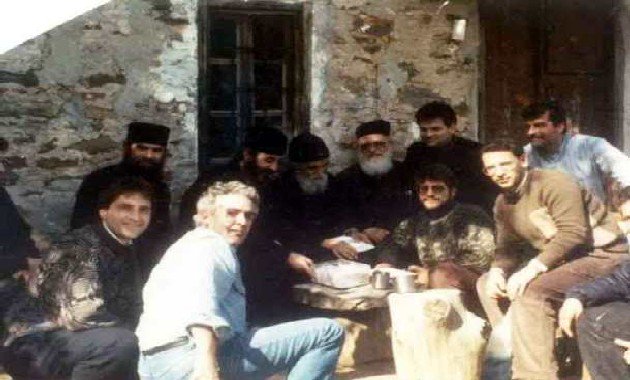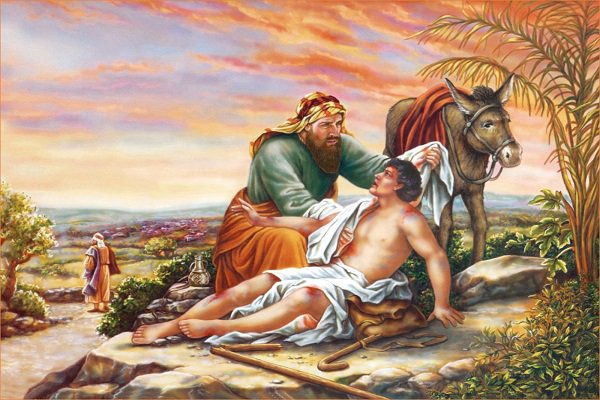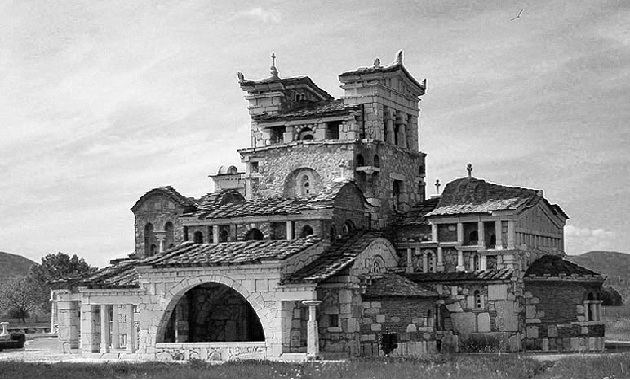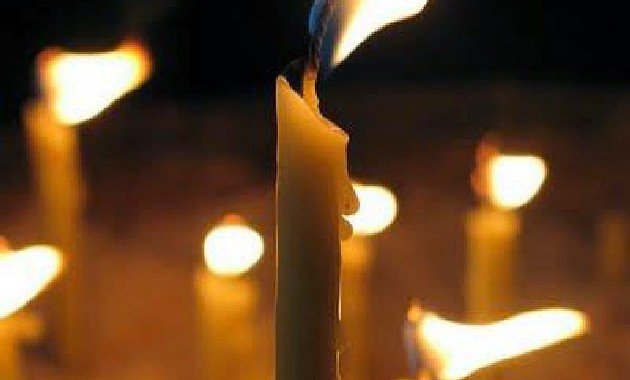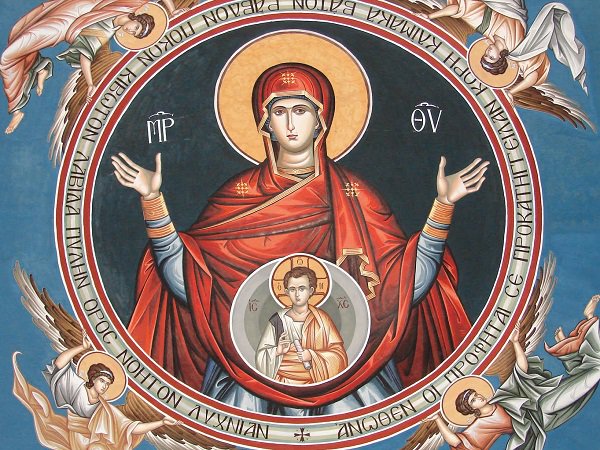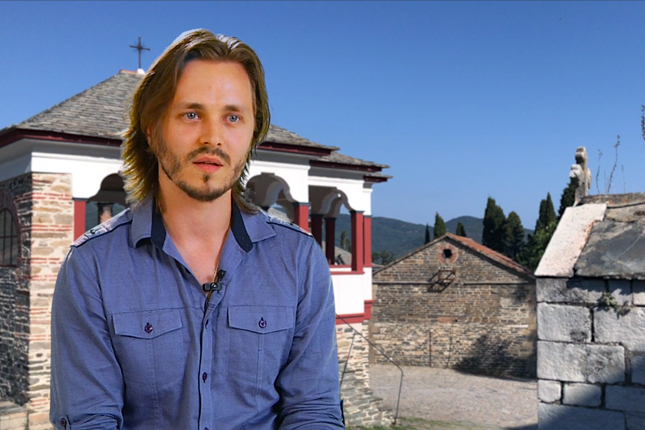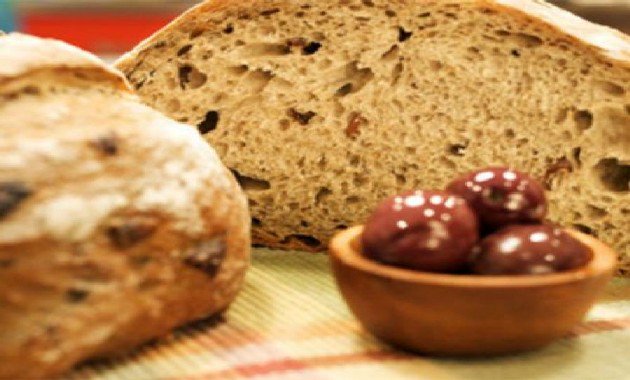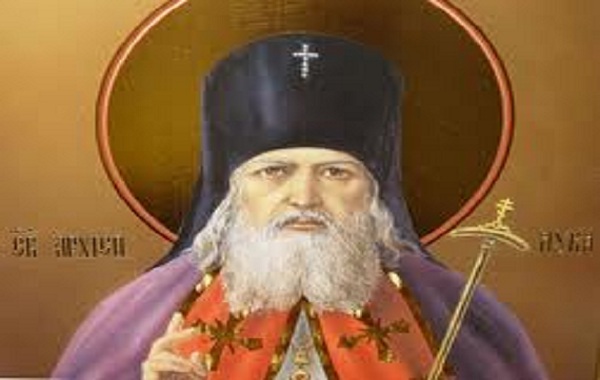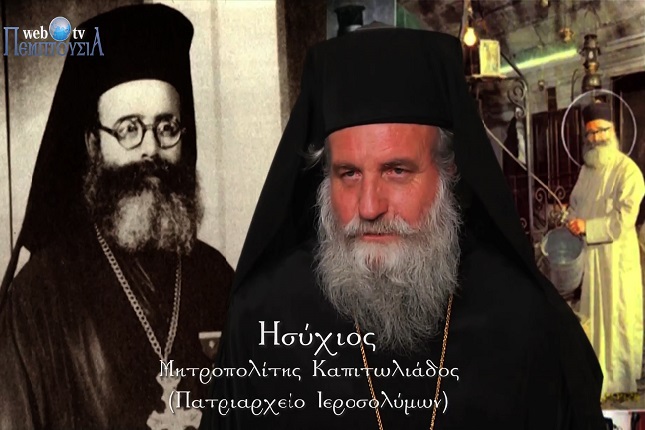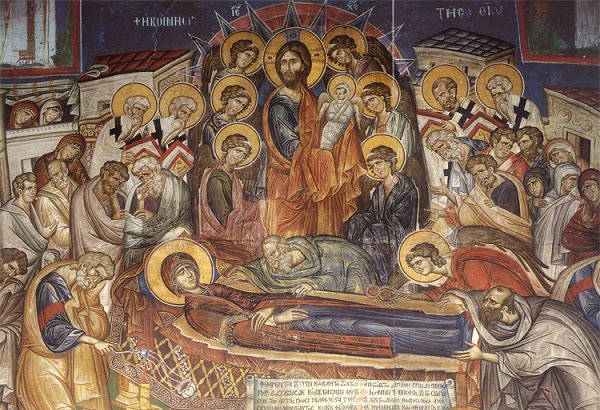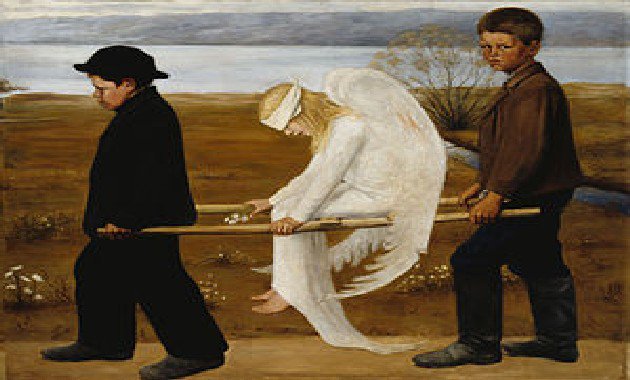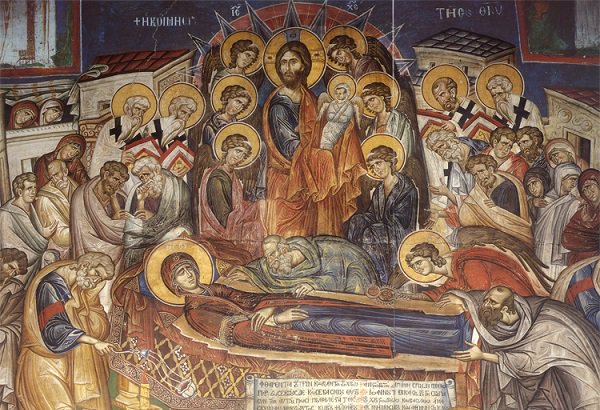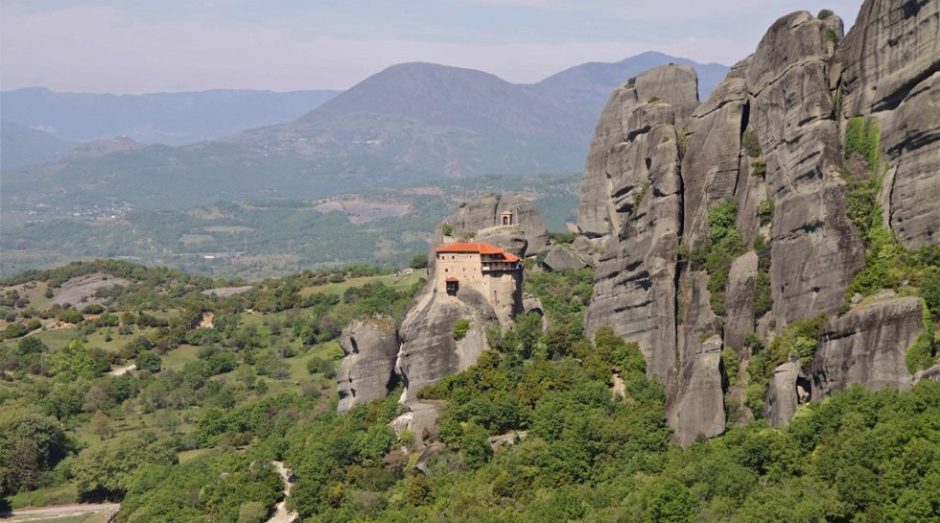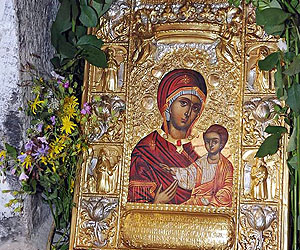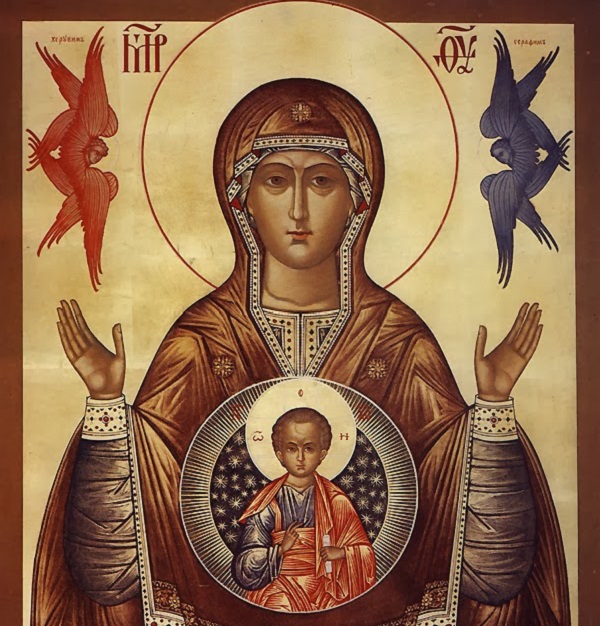
So humility which comes as a natural result after we sin, especially when these are mortal sins, is one thing, and the humility of Christ is another. For sinful people, humility’s absolutely necessary for them to stay alive, so that they won’t be swallowed up by the devil. The humility of Christ, on the other hand, is a divine garment, it’s magnificence, it’s power. And Our Lady had this divine raiment in its entirety, which is why the whole of creation bows down before her, even the heavenly powers. According to Saint Matthew the Evangelist, when the Lord went to the Jordan to be baptized by the Honourable Forerunner, the most formidable of our saints, after Our Lady, John would ...

